
Parents Labeling a Kid’s Friend a Bad Influence Can Backfire
Is your kid in trouble? Blaming their friends is ill advised
Francine Russo is a veteran journalist specializing in social sciences and relationships. She is author of Love after 50: How to Find It, Enjoy It, and Keep It (Simon and Schuster, 2021).

Parents Labeling a Kid’s Friend a Bad Influence Can Backfire
Is your kid in trouble? Blaming their friends is ill advised
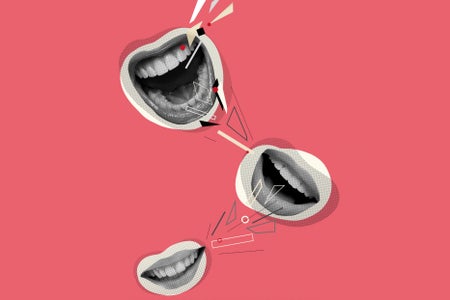
The Surprising Benefits of Gossip
Social scientists are uncovering the intricate group dynamics of gossip
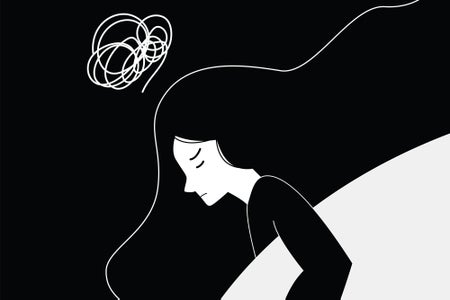
Up All Night? You May Have Actually Been Asleep
You say you haven’t slept all night. Brain scans say you have. New science says both inferences may be right
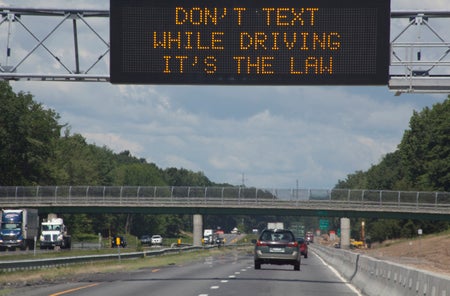
Guilt-Tripping for the Public Good Often Achieves Its Intended Result
The emerging science of laying guilt through public messaging can help safeguard the planet and improve health behaviors
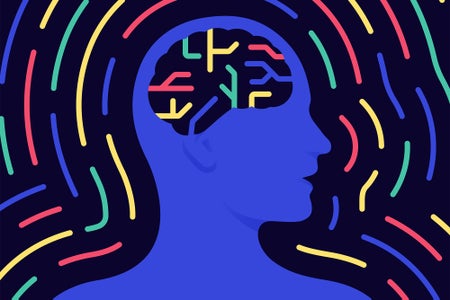
Beliefs about Emotions Influence How People Feel, Act and Relate to Others
Thinking about a range of emotions as friends rather than foes improves the quality of our life

Psychologists Struggle to Explain the Mind of the Stalker
Attempts to understand the psychopathology of romantic infatuation and sexual predation are still in their infancy

Personality Can Change from One Hour to the Next
Studies show that people may experience enormous variability in personality traits throughout the course of the day

The Best New Year’s Resolution Might Be to Just Let Go of an Unfulfilled Life Goal
Leaving aside a cherished objective may benefit psychological and even physical health
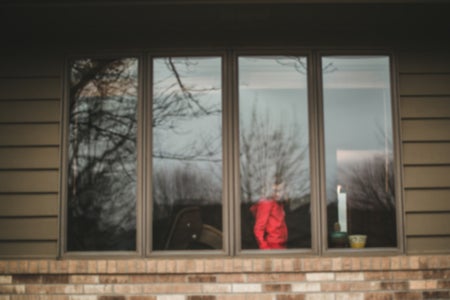
Do You ‘Matter’ to Others? The Answer Could Predict Your Mental Health
The psychological construct of mattering gauges the risk of depression, suicide and other disorders

Viking Textiles Show Women Had Tremendous Power
Cloth from Viking and medieval archaeological sites shows that women literally made the money in the North Atlantic
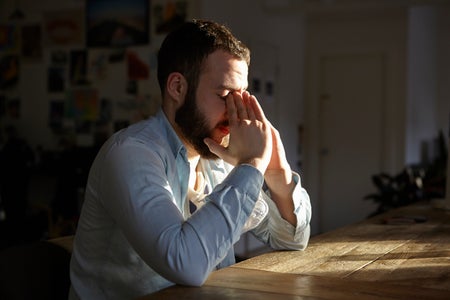
The Personality Trait ‘Intolerance of Uncertainty’ Causes Anguish during COVID
High levels of it have put people at risk of emotional problems
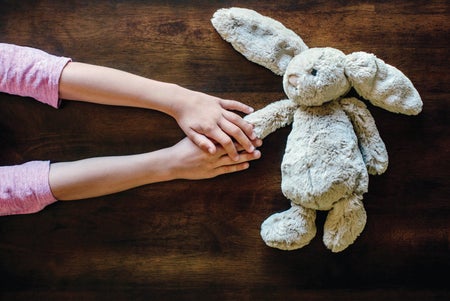
Why We Become So Attached to Our Belongings
Low emotional security can intensify our relationships to our belongings
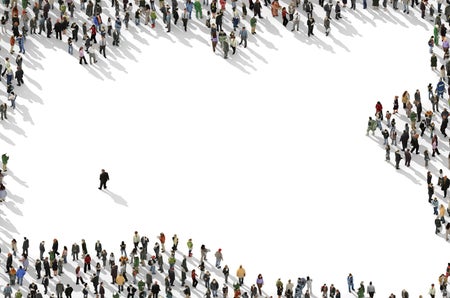
Loneliness Can Be Toxic
Isolation from others can lead to a range of illnesses and even premature death. New science is probing causes and solutions to the problem of social disconnection

Sexual Assault May Trigger Involuntary Paralysis
“Tonic immobility” hinders the ability to fight and is linked to high rates of depression and PTSD
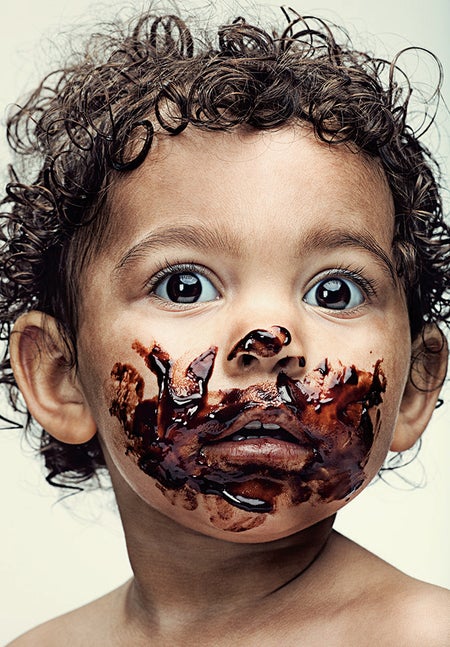
Older Kids Are More Likely to Confess to Bad Deeds
Children first learn to cover for their naughty behavior, but learn to take responsibility as they get older
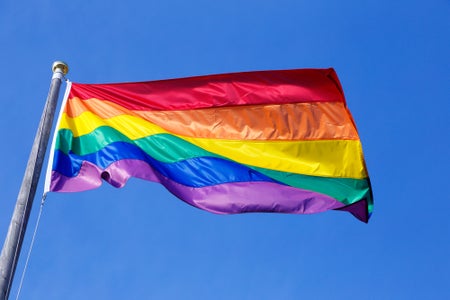
Where Transgender Is No Longer a Diagnosis
Denmark becomes the first country to declassify it as a mental disorder

Should You Intervene in a Bias Attack?
Experts offer tips on how to respond to harassment without putting yourself or others in harm’s way

Shock and Loss for the Losing Side: How to Heal, Individually and Together
In the wake of the election a psychologist offers solace to those feeling shock, grief or dread
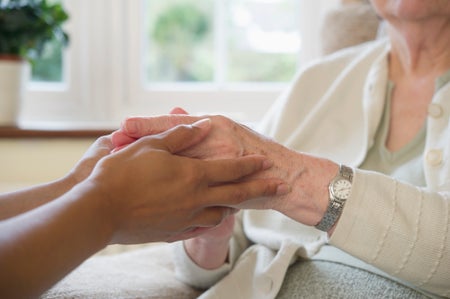
Anatomy of an Intervention
A research-based way to improve life and reduce depression among people caring for loved ones with dementia
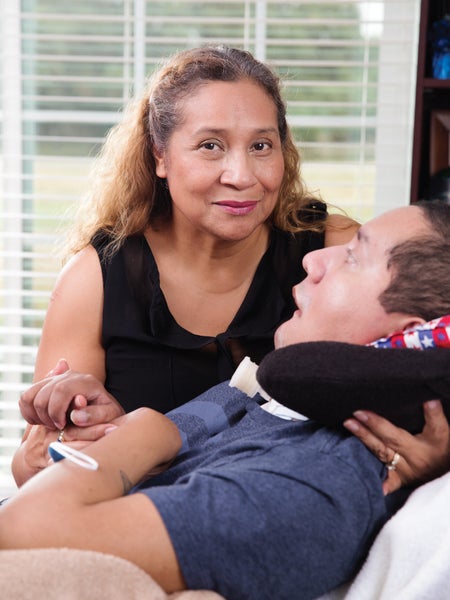
The Caregiver’s Conundrum
Tens of millions of people minister to a loved one on a full- or part-time basis, often putting their own lives on hold. Now researchers are finding ways to help them care for others without losing themselves
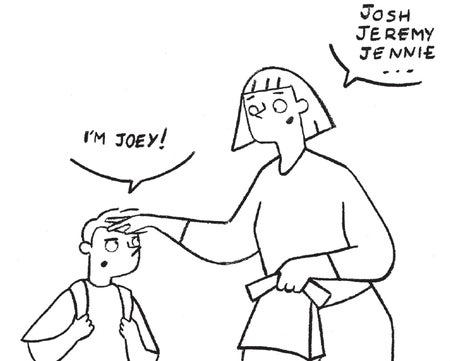
Mom, I'm Joey, Not Jennie!
Why we call our nearest and dearest by the wrong name
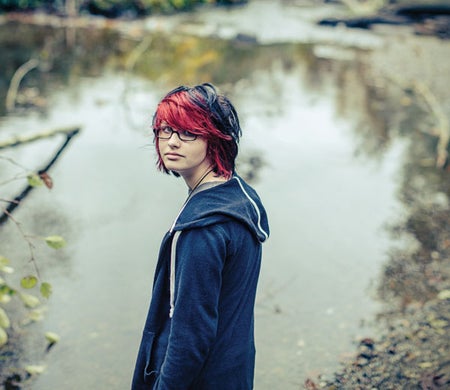
Debate Grows over How to Meet the Needs of Transgender Kids
What does it take to help them thrive?
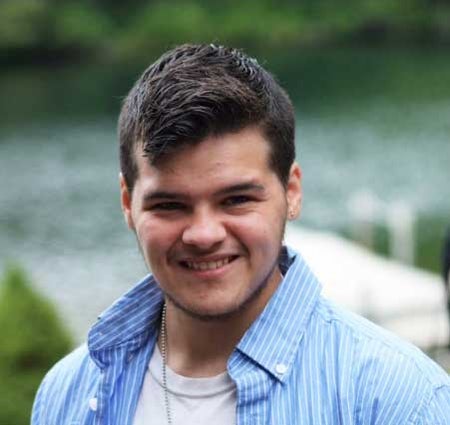
Coming Out Trans: 1 Man's Experience
A 22-year-old shares some of the hard lessons he has learned
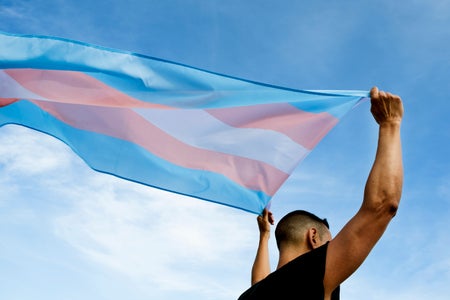
Is There Something Unique about the Transgender Brain?
Imaging studies and other research suggest that there is a biological basis for transgender identity